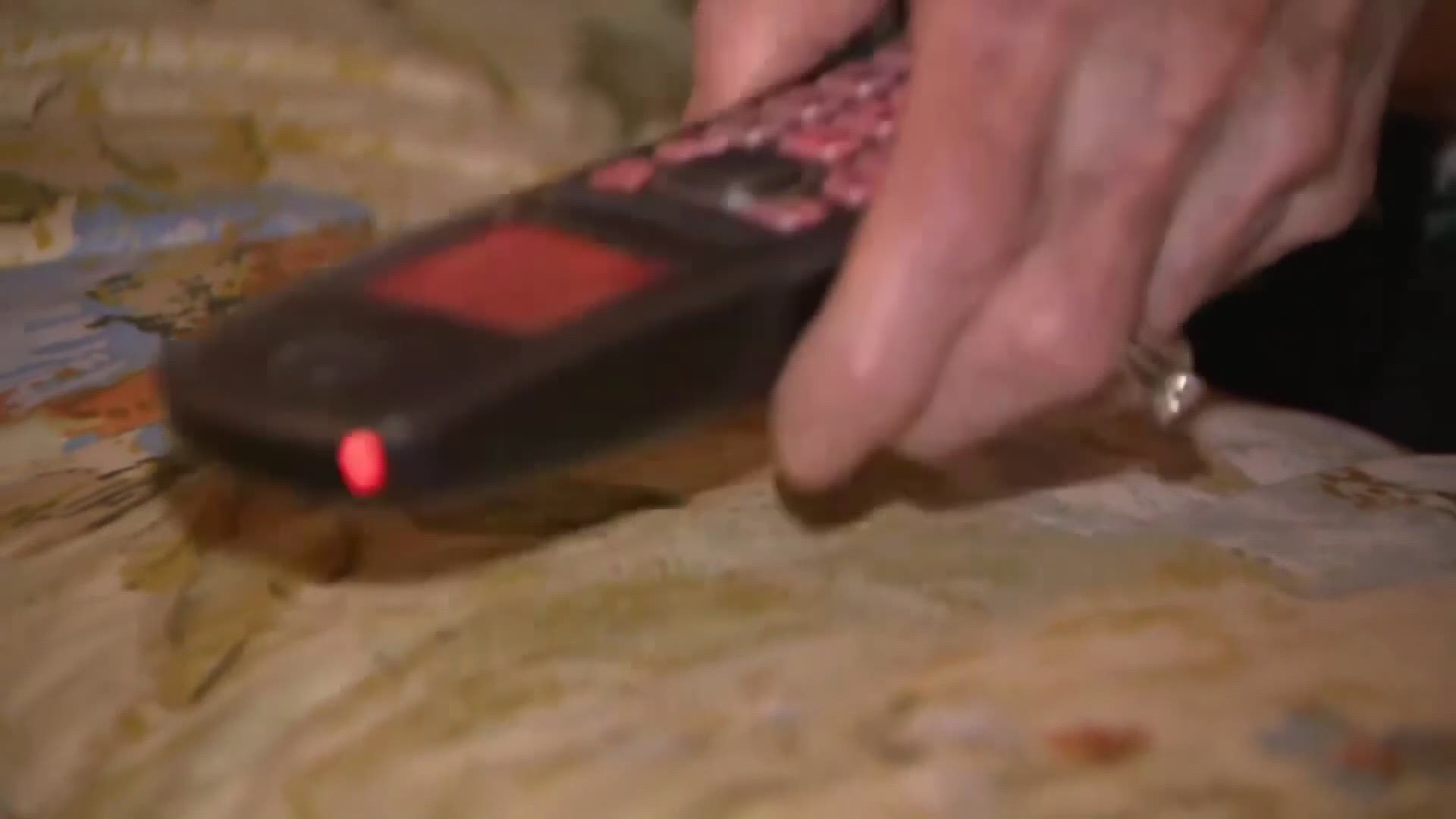WASHINGTON — Some cheats are claiming on social media they have a COVID vaccine for sale. Others are calling, emailing, or texting to offer a chance to jump the appointment line.
Maybe you’ve gotten an email or phone call that doesn’t exactly look right.
Well, you’re not alone.
Earlier this month, the FBI received more than 28,000 complaints to their Internet crime center related to COVID-19, according to Norfolk Divison Public Affairs Officer Christina Pullen.
"These crooks are so clever, that their tricks, mutate faster than the vaccine," Eric Friedman, director of Montgomery County, Maryland's Office of Consumer Protection, said. "So they come up with new tricks one after another after another."
Investigators from the Digital Citizens Alliance found sellers on Facebook offering an unapproved vaccine produced in China by Sinovac for $175. Even after paying up, all they got was a letter asking for more money. "There are criminals and scammers who are preying on Americans who are desperate to get the vaccine," Tom Galvin of Digital Citizens Alliance, said.
QUESTION: What should you look out for when it comes to COVID-19 vaccine scams?
ANSWER: DC Health advises people to put their trust in official sites. The only places you can get vaccinated in the District are through hospitals, clinics, pharmacies and doctors’ offices.
Across the DMV, always remember you should never be charged for the vaccine when you get it. Always be sure to check your medical bills and insurance explanation of benefits for anything suspicious and report any errors to your provider.
In addition, beware of unsolicited emails, calls or texts requesting your personal information, no matter where they claim to be from, and check out for misspellings or unofficial email addresses when someone does reach out.
"We wear a mask to protect ourselves, so we have to protect ourselves when we're on our computers as well, just like they tell us to wash our hands for 20 seconds," Friedman said. "Look at the email message for 20 seconds, and before you click."
Also, remember even after receiving a vaccine through an official medium, be sure never to post your COVID-19 vaccination card on social media. You'll want to avoid having that personal information floating around on the web.

